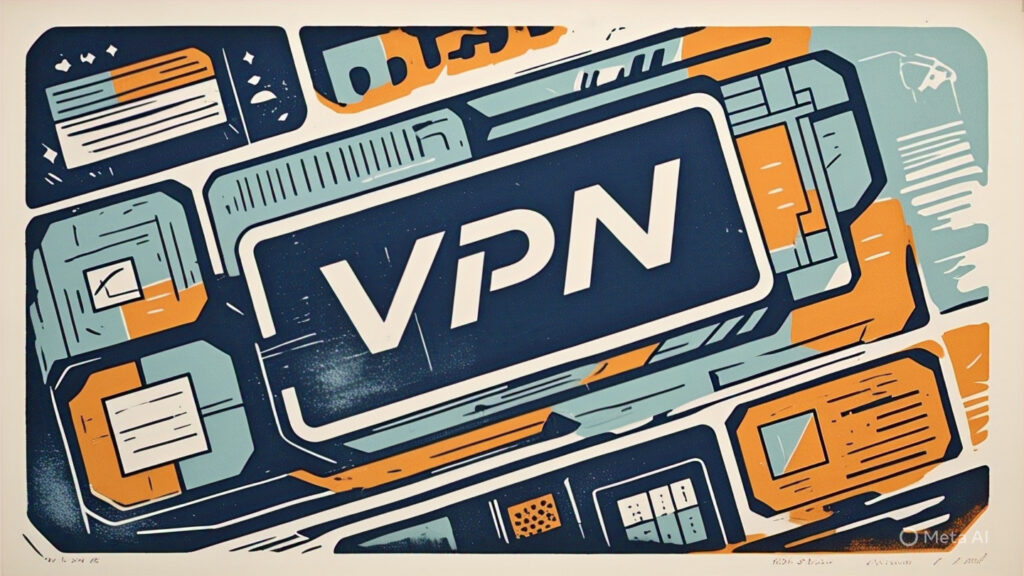
A Comprehensive Guide to Setting Up a VPN on Your Router
Are you considering setting up a Virtual Private Network (VPN) on your router but aren’t sure where to start? This comprehensive guide is designed to take you through the process step-by-step, ensuring your online activities remain private and secure. By the end of this guide, you’ll have a VPN-enabled router and a solid understanding of the process.
Understanding the Basics of a VPN
Before we dive into the steps of setting up a VPN on your router, it’s important to understand what a VPN is and why it’s useful. A VPN is a technology that creates a secure, encrypted connection over a less secure network, such as the internet. It shields your online activities from prying eyes, making it harder for third parties to track you.
Setting up a VPN on your router allows for a single-point setup that covers all devices connected to that router. This can be more efficient than setting up a VPN on each device individually.
Steps to Set Up a VPN on Your Router
Setting up a VPN on your router can seem a bit daunting, but by following these steps, you can have it up and running in no time.
Step 1: Choose a Compatible Router
Not all routers are VPN-compatible. First, you need to check if your current router supports VPN client mode. If it doesn’t, you’ll need to purchase a router that does.
- Check your router’s manual or manufacturer’s website.
- Search online for lists of VPN-compatible routers.
- Consider purchasing a pre-configured VPN router.
Step 2: Choose a VPN Service
There are numerous VPN services available, each with different features and capabilities. When choosing a VPN service, consider factors such as speed, security, reliability, and price.
Step 3: Install the VPN on Your Router
Once you have a compatible router and a VPN service, you can proceed to install the VPN on your router. The process varies depending on your router and VPN service, but generally involves logging into your router’s admin page and configuring the VPN settings.
Advantages of a VPN-Enabled Router
Setting up a VPN on your router can provide numerous benefits, including:
- Security: A VPN encrypts your online activity, helping to protect your data from hackers and other threats.
- Privacy: A VPN hides your IP address, making it harder for third parties to track your online activities.
- Convenience: By setting up a VPN on your router, all devices connected to that router are automatically protected, eliminating the need to install a VPN on each device individually.
Conclusion
Setting up a VPN on your router is an excellent way to enhance your online privacy and security. While the process may seem complicated at first, this guide should have provided you with a clear understanding of the steps involved. Take the time to choose a compatible router and a reliable VPN service, and enjoy the benefits of a secure, private internet connection.
